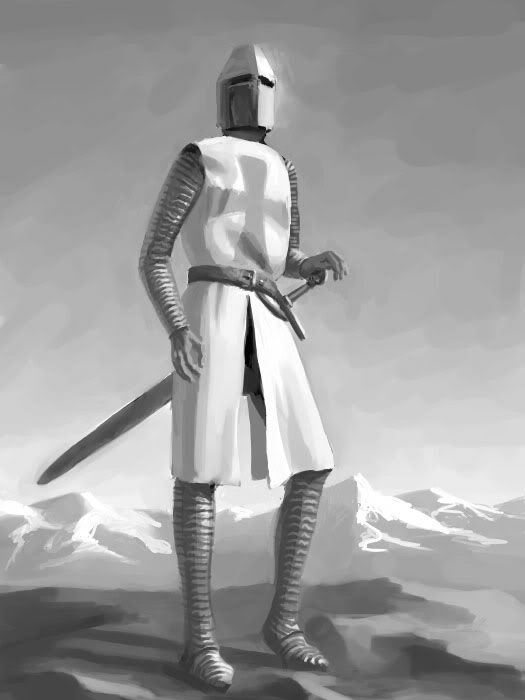Pontian Greek Genocide
May 19 has been recognized by the Greek parliament as the day of remembrance of the Pontian Greek Genocide by the Turks. There are various estimates of the toll. Records kept mainly by priests show a minimum 350,000 Pontian Greeks exterminated through systematic slaughter by Turkish troops and Kurdish irregulars. Other estimates, including those of foreign missionaries, spoke of 500,000 deaths, most through deportation and forced marches into the Anatolian desert interior. Thriving Greek cities like Bafra, Samsous, Kerasous, and Trapezous, at the heart of Pontian Hellenism on the coast of the Black Sea, endured recurring massacres and deportations that eventually destroyed their Greek population. The genocide started with the order in 1914 for all Pontian men between the ages of 18 and 50 to report for military duty. Those who “refused” or “failed” to appear, the order provided, were to be summarily shot. The immediate result of this decree was the murder of thousands of the more prominent Pontians, whose names appeared on lists of “undesirables” already prepared by the Young Turk regime.
[..]
U.S. Ambassador Henry Morgenthau accused the “Turkish government” of a campaign of “outrageous terrorizing, cruel torturing, driving of women into harems, debauchery of innocent girls, the sale of many of them at 80 cents each, the murdering of hundreds of thousands and the deportation to and starvation in the desert of other hundreds of thousands, and the destruction of hundreds of villages and many cities,” all part of “the willful execution” of a “scheme to annihilate the Armenian, Greek and Syrian Christians of Turkey.” US Consul-General George Horton reported that “one of the cleverest statements circulated by the Turkish propagandists is to the effect that the massacred Christians were as bad as their executioners, that it was “50-50.”” On this issue he clarifies that “had the Greeks, after the massacres in the Pontus and at Smyrna, massacred all the Turks in Greece, the record would have been 50-50—almost.” As an eye-witness, he also praises Greeks for their “conduct toward the thousands of Turks residing in Greece, while the ferocious massacres were going on.”, which, according to his opinion, was “one of the most inspiring and beautiful chapters in all that country’s history.”
Source
Labels: genocide
